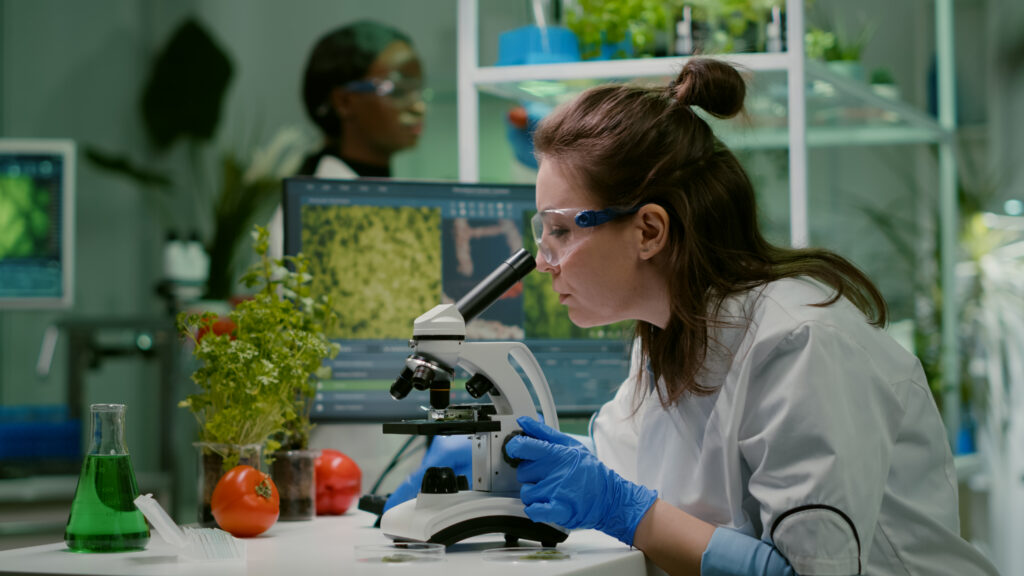
Inoculants are agricultural products used to improve nitrogen fixation in plant roots, especially in legume crops. They contain bacteria from the genus Rhizobium or other nitrogen-fixing bacterial strains that form a symbiosis with plants, providing atmospheric nitrogen in a form that plants can use. To ensure the effectiveness and quality of inoculants, a series of tests are performed, including:

1. Purity tests: These tests verify whether the inoculant is not contaminated by other bacterial strains or undesirable microorganisms that may compete with nitrogen-fixing bacteria.
2. Viability tests: To determine if the nitrogen-fixing bacteria in the inoculant are still alive and active. This may involve incubating the bacteria under appropriate conditions and checking for bacterial growth and activity.
3. Concentration tests: Measure the concentration of nitrogen-fixing bacteria in the inoculant to ensure that the amount is adequate for seed or soil inoculation.

4. Compatibility tests: Verify if the bacterial strains present in the inoculant are compatible with the crops to be inoculated. Different crops may require different bacterial strains.
5. Stability tests: Check the stability of the inoculant during storage, ensuring that the bacteria remain viable throughout the product’s validity.
These tests ensure that the inoculants effectively promote nitrogen fixation in crops and meet established quality standards, resulting in more productive and sustainable harvests. It’s important to follow local and regional guidelines and regulations when using inoculants to ensure compliance with proper farming practices.